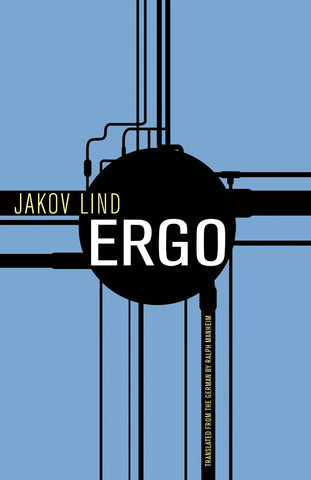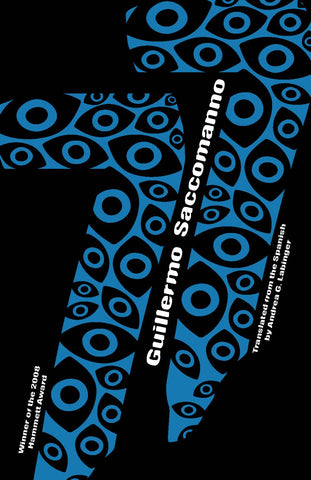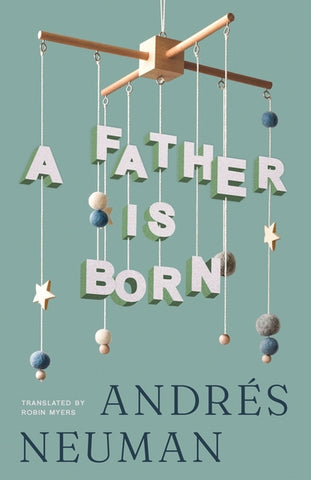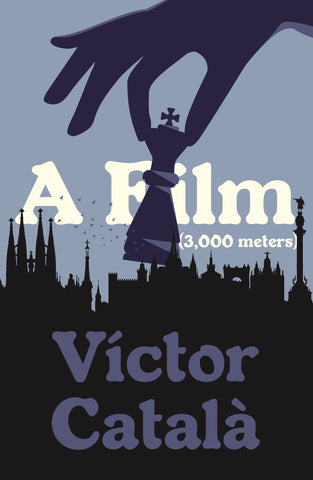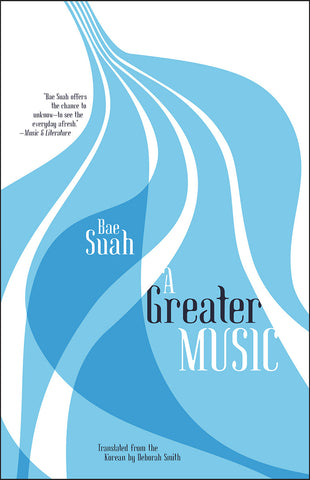Ergo
$13.95
by Jakov Lind
January 15, 2010
novel | pb | 150 pgs
5.5" x 8.5"
978-1-934824-17-7
"Lind is a writer—one of the best—who has chosen to speak in a different tongue. It is amazing that he is witty; it is not at all surprising that he is profound."
—New York Times
Wacholder lives and works at Custom House No. 8 with his adopted son Aslan and a lodger named Leo. Aslan spends his days copying out the novels of Kleist, Schiller, Goethe, and Mann; Leo, never leaving his bed, mentally composes his philosophical masterwork, Placental Theory of Existence; and Wacholder's only apparent responsibility is keeping watch over a towering mountain of paper. Wacholder's consuming passion, however, is his only true friend and nemesis, Würz.
Würz hasn't left his home in over seventeen years. He lives there, in a cocoon of cleanliness and order, with his wife Rita and Rita's two grown sons, Arnold and Arnulf. Würz has dedicated his life to perfecting his home and eliminating every last atom of dirt. His happiness is disturbed only by the letters, 74 in all, Wacholder has sent him over the years. These letters—dictated by Wacholder, written by Aslan, and full of every kind of insanity and invective—are intended to smoke Würz out of his hole, both for his own good and to stop him from plotting against Wacholder.
When the 74th letter seemingly has no effect, Wacholder turns to other increasingly outlandish schemes to defeat his rival, even staging a rally to declare Würz's non-existence. A feverishly comic carnival, Ergo is Jakov Lind's most experimental work and the final novel he wrote in German.
Translated from the German by Ralph Manheim
•
About the Author: Jakov Lind (1926–2007) was born Heinz Jakov Landwirth in Vienna in 1927 to an assimilated Jewish family. Arriving in the Netherlands as a part of the Kindertransport in 1939, Lind survived the Second World War by fleeing into Germany, where he disguised himself as a Dutch deckhand on a barge on the Rhine. Following the war, he spent several years in Israel and Vienna before finally settling in London in 1954. It was in London that he wrote, first in German and later in English, the novels, short stories, and autobiographies that made his reputation, including his masterpieces: Landscape in Concrete, Ergo (forthcoming from Open Letter), and Soul of Wood. Regarded in his lifetime as a successor to Beckett and Kafka, Lind was posthumously awarded the Theodor Kramer Prize in 2007.
•
"Jakov Lind has a splendid theatrical talent, sardonic and Pinteresque, gruff and Brechtian, with some old master, some Gogol, as his Ariadne. . . . Intricate, black, bestial."
—New York Review of Books

